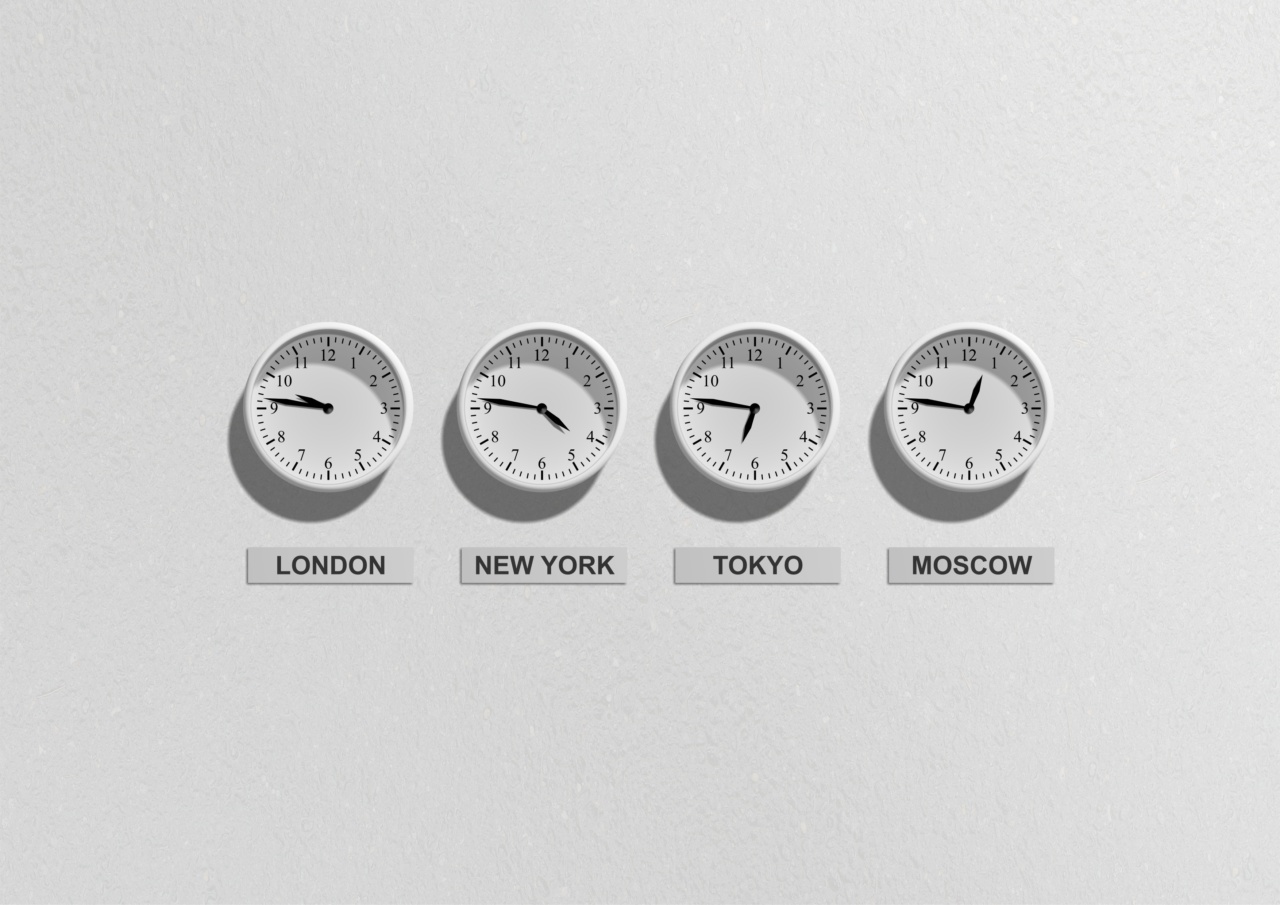Getting a good night’s sleep is essential for maintaining optimal health and well-being.
However, in today’s fast-paced and demanding world, many individuals find themselves sacrificing sleep in order to meet their commitments and responsibilities. While occasional sleep deprivation may not seem like a big deal, consistently sleeping less than 6 hours a night can have serious consequences for both physical and mental health.
In this article, we will explore the dangers of chronic sleep deprivation and delve into 30 diseases that can be triggered or worsened by insufficient sleep.
Understanding Sleep Duration Guidelines
Sleep experts recommend that adults aim for 7-9 hours of sleep per night to function optimally.
However, getting less than 6 hours of sleep on a regular basis can disrupt the body’s natural sleep-wake cycle, also known as the circadian rhythm, leading to a host of health problems.
The Impact of Chronic Sleep Deprivation
Chronic sleep deprivation can negatively affect every aspect of our lives, from cognitive function to emotional well-being. Here are some of the key dangers associated with consistently sleeping less than 6 hours a night:.
1. Increased Risk of Cardiovascular Diseases
Studies have shown that inadequate sleep can significantly increase the risk of developing cardiovascular diseases such as heart disease, heart attack, and stroke.
Sleep deprivation affects blood pressure, cholesterol levels, and heart rate, all of which play a role in maintaining cardiovascular health.
2. Weakened Immune System
Sleep plays a crucial role in supporting the immune system. When we don’t get enough sleep, our body’s ability to fight off infections and illnesses is compromised.
This makes us more susceptible to common colds, flu, and other viral or bacterial infections.
3. Weight Gain and Obesity
Chronic sleep deprivation has been linked to weight gain and obesity. Sleep plays a vital role in regulating appetite-controlling hormones, such as leptin and ghrelin.
When we don’t get enough sleep, these hormones become imbalanced, leading to increased hunger and cravings, particularly for high-calorie and carbohydrate-rich foods.
4. Increased Risk of Type 2 Diabetes
Individuals who consistently sleep less than 6 hours a night have an increased risk of developing type 2 diabetes.
Sleep deprivation affects the body’s ability to regulate blood sugar levels, leading to insulin resistance and an increased risk of developing diabetes.
5. Impaired Cognitive Function
Getting enough sleep is crucial for optimal cognitive function, including memory, attention, and problem-solving abilities.
Chronic sleep deprivation can impair these cognitive processes, leading to decreased productivity, poor concentration, and difficulty making decisions.
6. Mental Health Disorders
Sleep and mental health are closely intertwined. Lack of sleep has been linked to an increased risk of developing mental health disorders such as depression and anxiety.
Conversely, individuals with pre-existing mental health conditions often experience worsened symptoms when they don’t get sufficient sleep.
7. Increased Risk of Cancer
Long-term sleep deprivation has been associated with an increased risk of certain types of cancer, including breast, colon, and prostate cancer.
The exact mechanisms behind this relationship are not fully understood, but research suggests that hormonal disruptions caused by sleep deprivation may contribute to the development of cancer cells.
8. Digestive Issues
Consistently sleeping less than 6 hours a night can disrupt the normal functioning of the digestive system, leading to issues such as acid reflux, indigestion, and irritable bowel syndrome (IBS).
Sleep deprivation can also affect the gut microbiome, which plays a vital role in digestive health.
9. Increased Risk of Accidents
The cognitive impairments caused by chronic sleep deprivation can significantly increase the risk of accidents, both on the road and in the workplace.
Drowsy driving has been compared to driving under the influence of alcohol in terms of its impact on reaction times and decision-making abilities.
10. Premature Aging
Sleep deprivation has been linked to accelerated aging at a cellular level.
Lack of sleep can lead to increased inflammation, oxidative stress, and a decrease in collagen production, all of which contribute to the visible signs of aging, such as wrinkles, fine lines, and dull skin.
Conclusion
Sleep is a fundamental pillar of good health. Consistently sleeping less than 6 hours a night can have far-reaching consequences on both physical and mental well-being.
It is crucial to prioritize sleep and establish healthy sleep habits to reduce the risk of developing the 30 diseases discussed above. By recognizing the dangers of chronic sleep deprivation, we can take proactive steps to foster a restful and rejuvenating sleep routine.





























